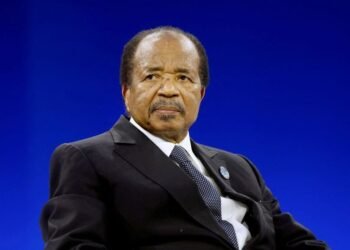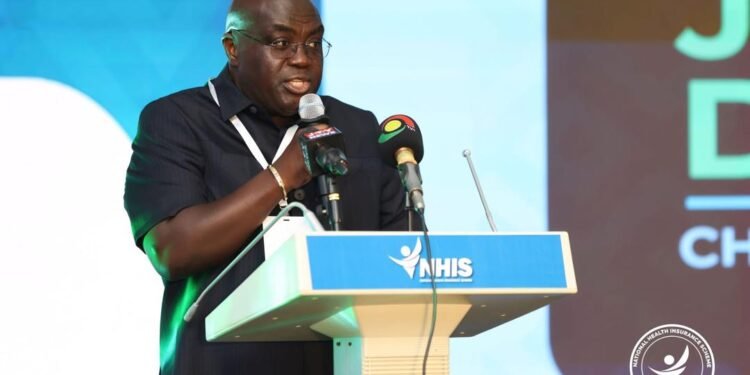The United Nations Secretary-General, António Guterres, has reiterated his call for Africa to gain a greater role in shaping global decisions, telling delegates at a major conference in Japan that the continent’s future cannot be determined without its full participation.
Speaking at the 9th Tokyo International Conference on African Development (TICAD) in Yokohama, he reminded the gathering that “with the world’s youngest population, abundant natural resources, and a vibrant entrepreneurial spirit, Africa is poised for progress.”
He noted that this year’s theme, “Co-Create Innovative Solutions with Africa,” highlighted the continent’s potential not only to uplift its people but also to contribute to a more peaceful, prosperous, and sustainable global order.
The Secretary-General underscored the urgency of accelerating progress towards the Sustainable Development Goals (SDGs) through renewed investment, far-reaching reforms, and stronger partnerships.
Guterres identified five key areas of cooperation, beginning with his long-standing demand for reforming global governance institutions to reflect today’s realities.
“Africa must have a stronger voice in shaping the decisions that affect its future. That includes long-overdue reform of the Security Council, where, incredibly, Africa has no permanent member, and other regions remain underrepresented.”
Secretary-General António Guterres
Alongside Security Council reform, he called for a transformation of the international financial system, branding the current architecture as “unjust and unfair” and urging bold measures on debt relief.
The Secretary-General also directed attention to sustainable investment and regional integration. He argued that prosperity in Africa must be built by adding value to its raw materials, creating decent jobs, and advancing resilience through the African Continental Free Trade Area.
He raised the continent’s energy dilemma, describing it as “Africa’s energy paradox.” Although the region possesses vast renewable energy potential, it receives just two per cent of global investment in the sector. Meanwhile, more than 600 million people remain without electricity.
“Africa is also home to the critical minerals required to power renewable technologies. But the countries hosting them must be the ones to benefit first and most, while adding value to local and global value chains.”
Secretary-General António Guterres
Youth And Technology Drive Future Growth
Turning to digital transformation, António Guterres urged investment in technologies such as artificial intelligence to close Africa’s digital divide. He praised Japan’s leadership in technology, suggesting it could ensure African nations are not left behind but instead equipped with adequate digital infrastructure.
At the heart of this vision are Africa’s young people. “Young people are the builders of Africa’s future,” he said, emphasizing the need to strengthen education in science, technology, engineering, and mathematics (STEM). He further urged support for women’s equal participation in all sectors of society.
The UN chief concluded by linking peace and development, stressing that prosperity cannot flourish amid conflict. “Sustainable development requires sustainable peace,” he said.
“By silencing the guns as the African Union clearly points out. And by ending violence in all its forms and strengthening the social cohesion and stability that can attract investment and business to Africa.”
Secretary-General António Guterres
The Tokyo International Conference on African Development, co-hosted by Japan, the UN, the UN Development Programme (UNDP), the World Bank, and the African Union Commission, has been held since 1993. Its focus has been to promote development, peace, and security in Africa through stronger partnerships and multilateral cooperation.
Reflecting on its history, the Secretary-General affirmed: “For more than three decades, TICAD has embodied the spirit of multilateralism – grounded in mutual respect, shared responsibility, and a deep belief in Africa’s potential.”
READ ALSO: Araghchi Signals US-Iran Nuclear Talks Still Distant























